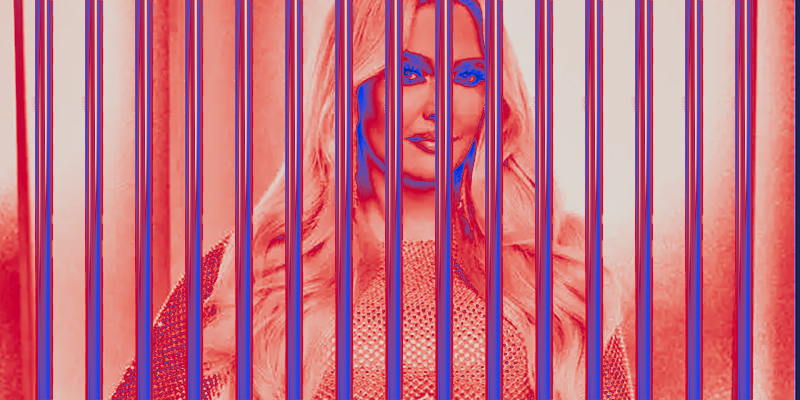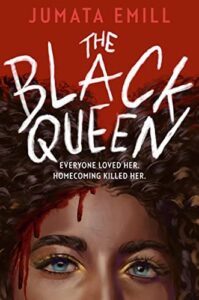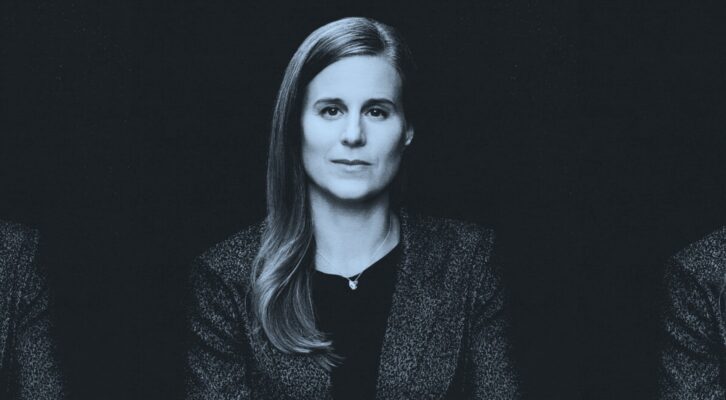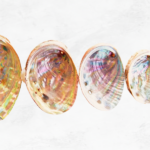What I’m about to say will be provocative. I’m sure many will disagree. But this is a hill I’m willing to die on.
It’s time we accept that Bravo’s Real Housewives has become our modern-day film noir. No, really. Just hear me out.
Classic film noir was one of my favorite eras in cinematic history. It was old Hollywood glam dipped in stark light and shadowy contrasts. Stylistic romps filled with complex narratives driven by crime, jealousy, greed and explosive confrontations. Taking place in downtrodden backdrops that commonly featured alcoholic hard-boiled detectives and femme fatales – characters entangled in situations that tested their morality and changed their worldviews. All of the same elements that have turned the Real Housewives into the cultural phenomenon of this era.
The most obvious similarity can be found in the way certain franchises (I’m looking at you Salt Lake City, Beverly Hills and New Jersey) were elevated into true crime docuseries. The whiplashed rise and fall of Salt Lake City housewife Jen Shah, who was recently sentenced to 6 ½ years in prison after pleading guilty to conspiracy to commit wire fraud, is our first example of this. The cornerstone of her franchise’s most recently concluded season was Shah repeatedly proclaiming her innocence to her castmates, family and viewers before finally admitting she used a telemarketing scheme to defraud senior citizens living on fixed incomes. There was no better hour of television than when federal agents swooned in during the filming of a cast trip to apprehend the flamboyant housewife. We were robbed of Shah’s on-camera arrest because she was tipped off by her husband (although she denied that was the case) that the feds were looking for her. Having producer-filmed footage spliced with news shots of Shah leaving the courthouse in her perfect box braids hours after she was eventually apprehended by authorities turned the franchise into so much more than show about discarded Mormons and the confusing, yet entertaining, antics of Mary Crosby. It gave viewers a front row seat to a legal drama happening to a person who entered the housewife camp unapologetically flaunting her wealth while instigating nearly all the petty drama that made Salt Lake City’s first season a breakout hit.
Of course, Shah isn’t the first housewife who was sent to prison. That dishonor belongs to New Jersey’s table-flipping Teresa Giudice. She served 11 months in prison (or as she likes to say, “away”) after she and her husband pleaded guilty to 41 counts of financial fraud, which allegedly funded the extravagant lifestyle the couple flaunted on camera for several seasons. Giudice’s story became a cautionary tale to housewives everywhere: Never sign anything without reading it first, especially when your husband tells you to. Her departure and later return to her four daughters gave us the gut-wrenching drama and emotional punches that emulated the tragic tone of many classic noir films. Then you have the saga of Erika Girardi, or rather Erika Jayne, that brought elements of true crime into the glitzy, glamorous landscape of Beverly Hills. Unlike Shah and Giudice, Girardi hasn’t been directly tied to any criminal activity. She got caught up in a treacherous web of her husband’s making. He was accused in a Los Angeles Times article of stealing millions from his clients, some of whom were victims of a fatal plane crash in 2018. After the horrible season that was “puppy gate,” Girardi’s legal woes gave viewers so many explosive blow ups between her and her castmates, who rightfully questioned how much she really knew about how her much older husband funded their lavish lifestyle. Housewives and crime have become a marriage we didn’t see coming but never want to end. Watching questionable individuals pay for the nasty deeds they’ve done is a hallmark of film noir, is it not?
Convoluted storylines peppered with flashbacks and disruptive editing were another calling card of the classic noir films from the 1940s and 50s. The same is now true for The Real Housewives. When it first began in Orange Country, it truly was a basic let’s follow-these-women-around-all-day kind of show. Very straightforward. No fancy production sequences or interruptions in timelines. But now there are fade to black moments whenever the drama heats up at dinner party, flashback scenes to give context to present-day conversations, flash forward clips that give us drama to look forward to, and shaky camera footage and choppy imagining whenever physical altercations arise. This all adds to the anxiety and chaos we’re watching unfold. These shows aren’t about following around a group of women who are friends anymore. Now it’s about telling stories. Presenting characters. Anting up the drama. Entertaining us instead of just giving us snapshots into strangers’ lives.
The Real Housewives also gave us this generation’s version of a hard-boiled detective in Orange Country’s Meghan King Edmonds. The woman who single-handedly exposed the fake cancer scheme Brooks Ayers ran on OG housewife Vicki Gunvalson. Edmonds was just as cynical and damaged as the trench-coat wearing sleuths of noir. She uncovered the truth and delivered it with icy venom to the then delusional Gunvalson, cementing her in housewives’ history as its Nancy Drew. Then in a tragic plot twist befitting any noir detective, Edmonds was so busy sniffing around for answers in other people’s lives she blinded herself to her husband’s infidelity, which she learned when he eventually left her for their nanny. As for “femme fatales,” well, that’s nearly every woman on every franchise. All these women are beautiful, stylish, sexy with a tendency to get their husbands involved in all their petty drama too (here’s looking at you again New Jersey). I would argue the housewives are better than the femme fatales of yesteryear. They’re bold, unapologetic, independent, entrepreneurs and a whole different kind of vicious. They say and do the things we wish we could tell our bosses, or friends, or family members. Their impulsiveness the very thing we can’t turn away from.
My love for classic noir and real housewives is something I subconsciously and unconsciously marry in my writing. Elements from each pop up in my debut novel The Black Queen, a mystery that revolves around the murder of a Mississippi high school’s first Black homecoming queen. My amateur sleuth, Duchess Simmons, is a girl hardened by racial oppression and the modern-day segregation of the world. Then there’s Tinsley McArthur, who not only shares her namesake with New York housewife Tinsley Mortimer, she’s as selfish, manipulative and impulsive as any Real Housewife. The unlikely duo gets thrust into a crime filled with scandalous secrets that will rock their southern town, test their worldviews and challenge their morality. Proving, yet again, the intersections between The Real Housewives and classic noir are closer than you think.
***


















